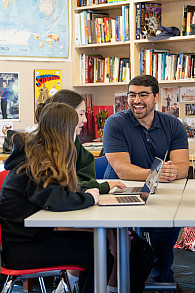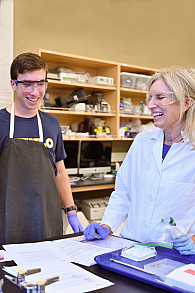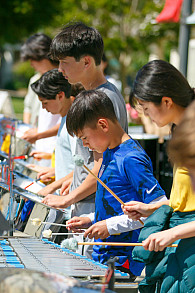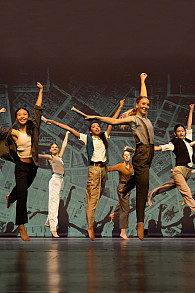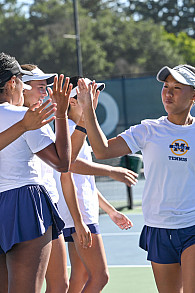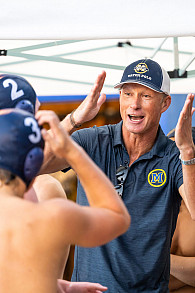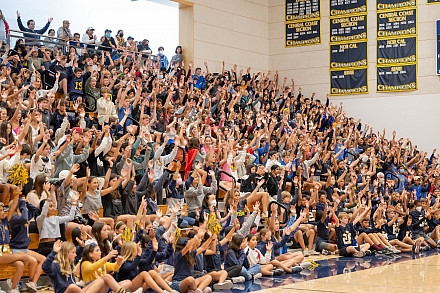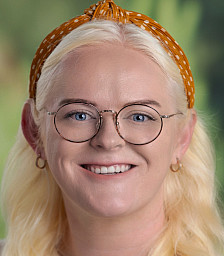- Arts
- Academics
-
Athletics
- Athletics Overview
-
Upper School Teams
- Baseball - Varsity
- Baseball - Junior Varsity
- Basketball - Boys Varsity
- Basketball - Boys Junior Varsity
- Basketball - Boys Freshman
- Basketball - Girls Varsity
- Basketball - Girls Junior Varsity
- Cross Country
- Flag Football - Girls
- Football - Varsity
- Football - Junior Varsity
- Golf - Girls Varsity
- Golf - Boys Varsity
- Golf - Boys Junior Varsity
- Lacrosse - Boys Varsity
- Lacrosse - Boys Junior Varsity
- Lacrosse - Girls Varsity
- Lacrosse - Girls Junior Varsity
- Soccer - Boys’ Varsity
- Soccer - Boys’ Junior Varsity
- Soccer - Girls Varsity
- Soccer - Girls Junior Varsity
- Swimming
- Tennis - Varsity Boys
- Tennis - Boys Junior Varsity
- Tennis - Girls Varsity
- Tennis - Girls Junior Varsity
- Track & Field
- Volleyball - Varsity
- Volleyball - Junior Varsity
- Volleyball - Freshman
- Water Polo - Boys Varsity
- Water Polo - Boys Junior Varsity
- Water Polo - Girls Varsity
- Water Polo - Girls Junior Varsity
-
Middle School Teams
- Baseball - Middle School
- Basketball - Boys Middle School
- Basketball - Girls Middle School
- Cross Country - Middle School
- Flag Football - Middle School
- Lacrosse - Boys Middle School
- Lacrosse - Girls Middle School
- Soccer - Boys Middle School
- Soccer - Girls Middle School
- Swimming - Middle School
- Tennis - Middle School
- Track - Middle School
- Volleyball - Middle School
- Athletics Philosophy & Values
- Athletics Resources
- Camps & Clinics
- Alumni Athletes
- New to Menlo Athletics?
- Student Life
- Support Menlo
- Admissions
- Calendar
- Resources
MENLO SCHOOL • SINCE 1915
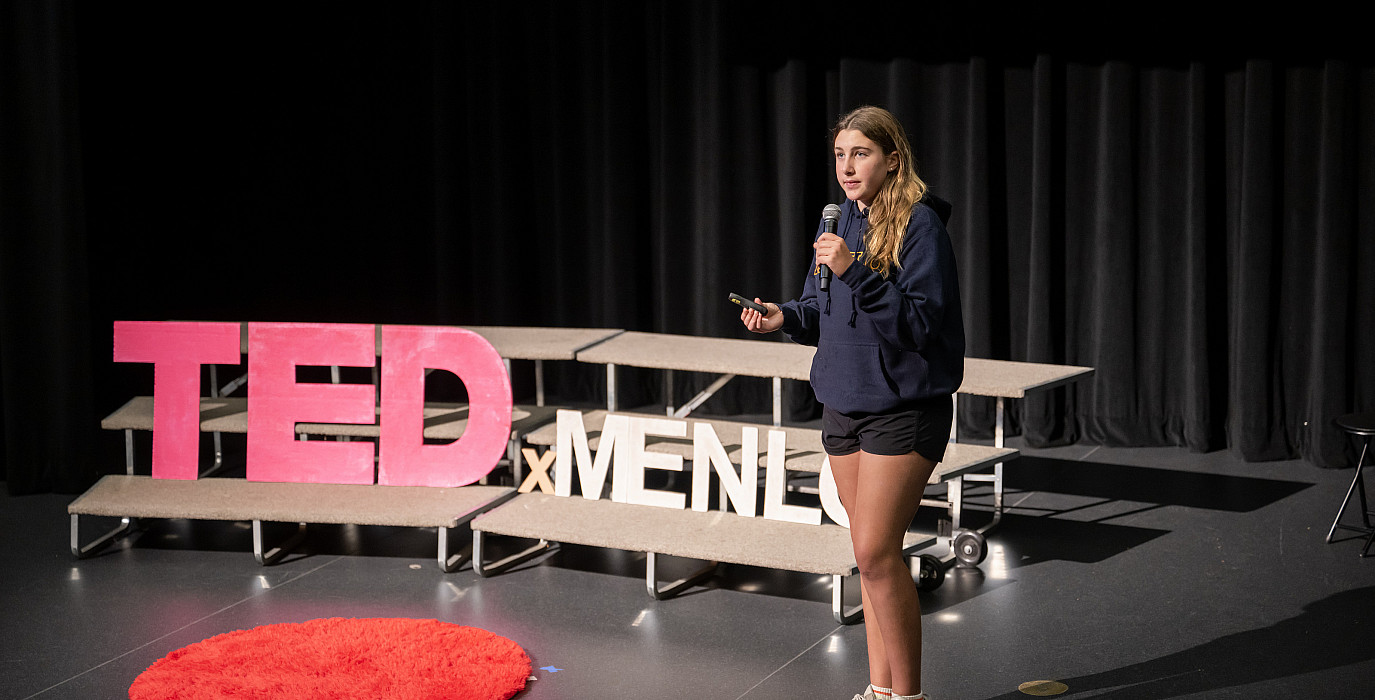
Academics
Middle School Human Skills
Develop Personal, Social, and Emotional Skills
Human Skills is a comprehensive wellness curriculum that students take in all three years of Middle School.
During the Human Skills program, students learn skills that aim to develop their personal, social and emotional competencies. In addition, these classes provide a trusting environment for students to explore the pre-teen and teen experience. Topics over the three years may include effective communication, building self-esteem, digital citizenship, public speaking, managing anxiety, healthy relationships and gender identity.
- Human Skills 6: Meets twice per rotation for a trimester. In this course, students explore personal development, emotional intelligence, and relationships with peers. Topics include new friendships, effective communication, self-esteem, bullying, and how to navigate the transition to middle school.
- Human Skills 7: Meets twice per rotation for a trimester. The course centers on the theme of choices and consequences. Topics include identifying personal goals, digital citizenship, brain fitness, mindfulness-based stress reduction, diversity and inclusion, media literacy, drug education, and refusal skills.
- Human Skills 8: Meets twice per rotation for a trimester. In this course, students learn about human sexuality. Topics include anatomy and physiology, healthy relationships, sexual health, contraceptive choices, gender/sexual identity, and setting limits.
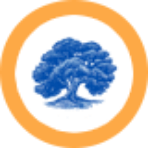 MENLO SCHOOL Since 1915
MENLO SCHOOL Since 1915